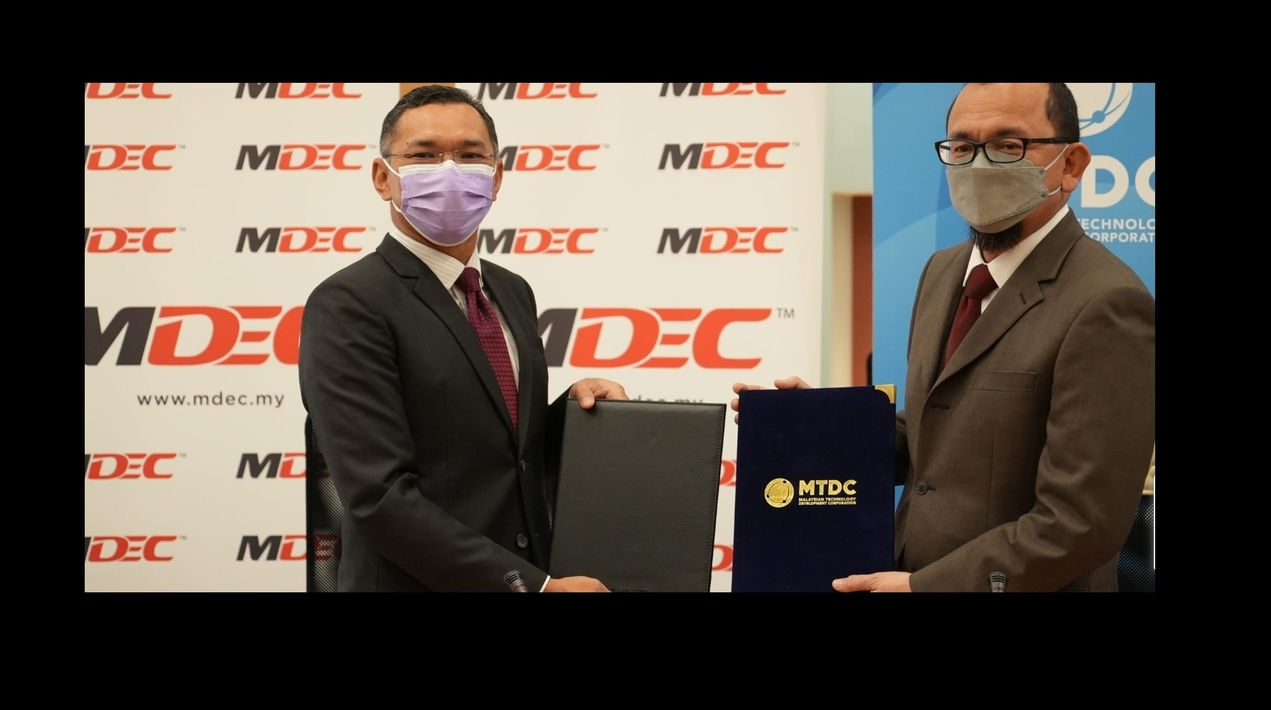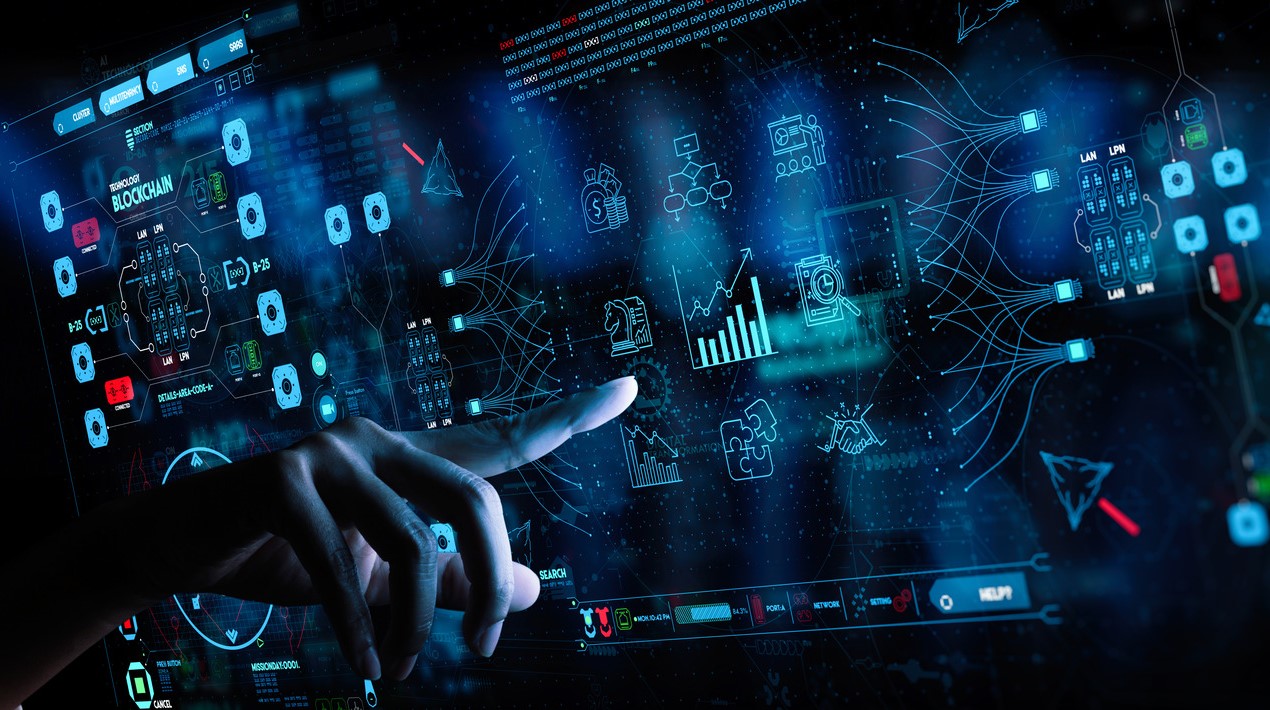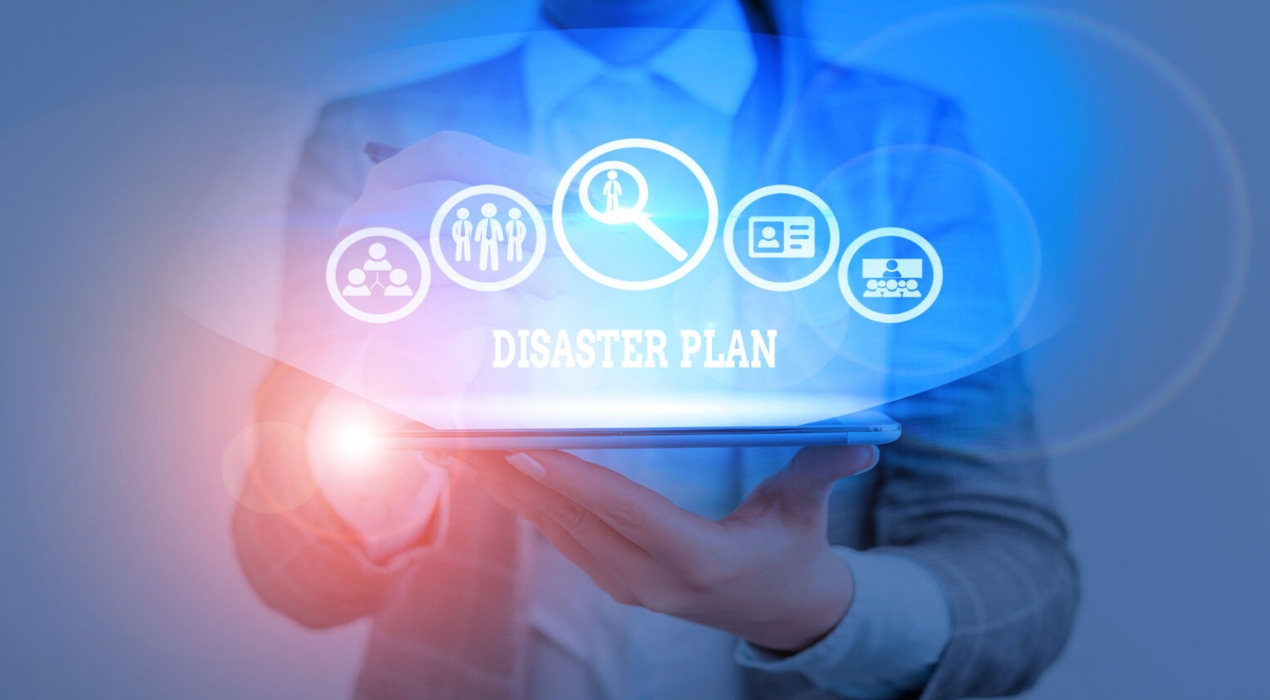
Malaysia Digital Economy Corporation (MDEC), Malaysia’s lead digital economy agency, and Malaysian Technology Development Corporation (MTDC), recently signed a Memorandum of Understanding (MoU) to strengthen the alliance and collaboration between the two government agencies to further catalyse the growth of Malaysian tech companies.
Both MDEC and MTDC stand to gain significant mileage considering each partner’s successful track record that dates back to 1992 for MTDC and 1996 for MDEC. Under the MoU, MDEC and MTDC will look to co-develop technology-based entrepreneur development programmes as well as in the promotion of digital technologies and their adoption among startups and MSMEs and SMEs.
It will also seek to open up more funding facilitation and opportunities for tech companies. The forging of an alliance between MDEC and MTDC will bridge and strengthen business networks synergistically to ensure maximum reach and impact.
The Chief Executive Officer (CEO) of MDEC stated that leveraging each organisations’ platforms and expertise in support of meeting their objectives will be the key thrust of the collaboration.
The CEO noted that MDEC’s programmes under the Malaysia Digital and #SayaDigital initiatives will serve to provide a greater audience in driving the nation’s digitalisation efforts. With this MoU, the agency will be able to ensure further reach, efficiency and impact on our tech ecosystem and increase Malaysia’s competitiveness in the digital economy.
He added that, ultimately, the MoU is envisaged to support the development of a thriving ecosystem for Malaysian companies to flourish. The race to produce successful global champions is a shared responsibility and this MoU is evident of Malaysia’s holistic approach. Through this initiative, they can move as one nation to drive forward the MyDIGITAL core objectives, he added.
Meanwhile, the CEO of MTDC said that the MoU will be a platform for their partners in MTDC’s Centre of 9 Pillars (Co9P) to collaborate with the companies and partners under MDEC. MTDC’s Co9P community members will assist the companies in the areas of Industry 4.0 and digitalisation.
The opportunity to work with the companies under MDEC will be part of expanding their Co9P into other regions in Malaysia and an opportunity to build linkages with its global partners by providing advisory business with MDEC as its strategic partner, he said.
More about MyDIGITAL
MyDIGITAL is an initiative that reflects the Government’s aspiration to transform Malaysia into a high-income nation that is focused on digitalisation and is a regional pioneer in the digital economy. The Malaysian Digital Economy Blueprint outlines the efforts and initiatives taken to fulfil the myDIGITAL aspiration. This blueprint will determine the trajectory of the digital economy’s contributions to the Malaysian economy and builds the foundation to drive digitalisation nationwide, including bridging the digital divide.
MyDIGITAL was drafted as a complement to the national development policy, including the 12th Malaysia Plan (12MP) and the Shared Prosperity Vision 2030 (SPV 2030). The MyDIGITAL initiative is also streamlined with the aspirations embedded in the Sustainable Development Goals under the United Nations. The digital economy has been identified as a key economic growth activity (KEGA) in realising SPV 2030. This is to establish Malaysia as a nation that is continuously growing sustainably, with fair economic distribution as well as inclusive and equitable growth.
The execution of MyDIGITAL will be monitored by a governing framework with the following features:
- A Strategic Change Management Office (SCMO) to drive changes nationwide, especially to instil a digital and innovative mindset amongst the people;
- Transparent and clear monitoring and evaluation mechanisms to establish complete feedback loops;
- Six specific clusters are chaired by Ministers and the Chief Secretary to the Government to increase efficiency, effectiveness, accountability and inter-ministry collaborations, with each cluster supported by subject-matter experts representing 3 key areas namely regulation, cybersecurity and inclusivity and sustainability; and
- Clear timelines to measure the success of each initiative.
















